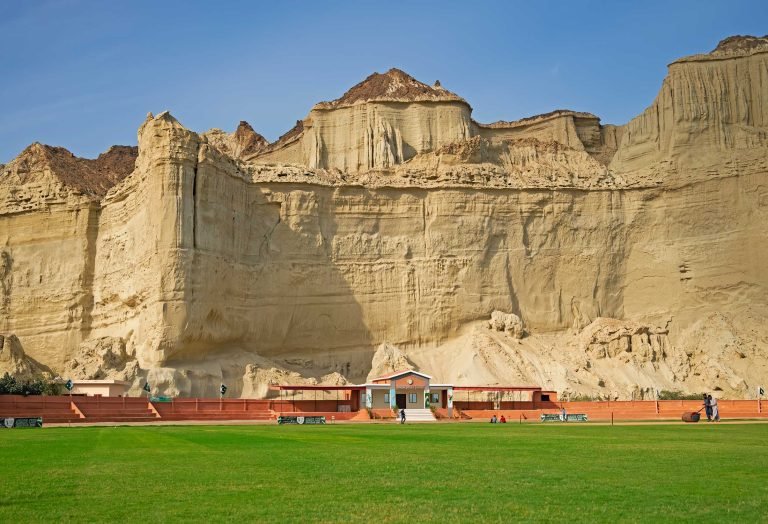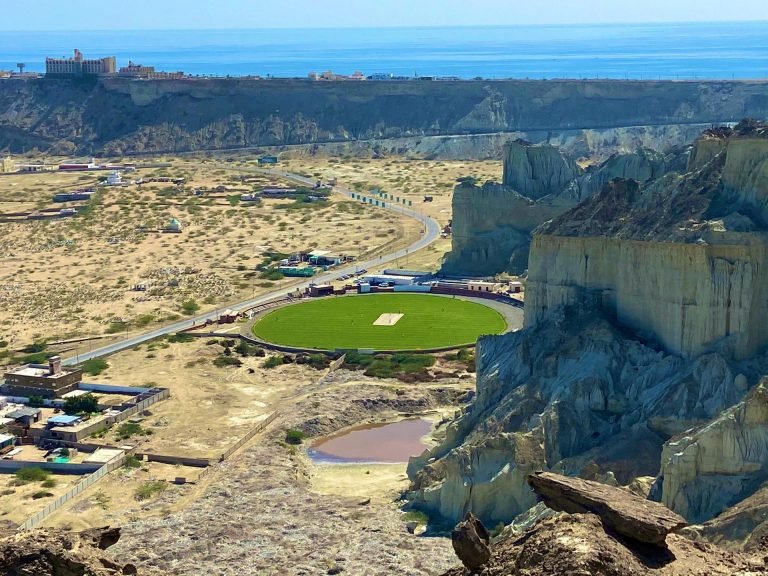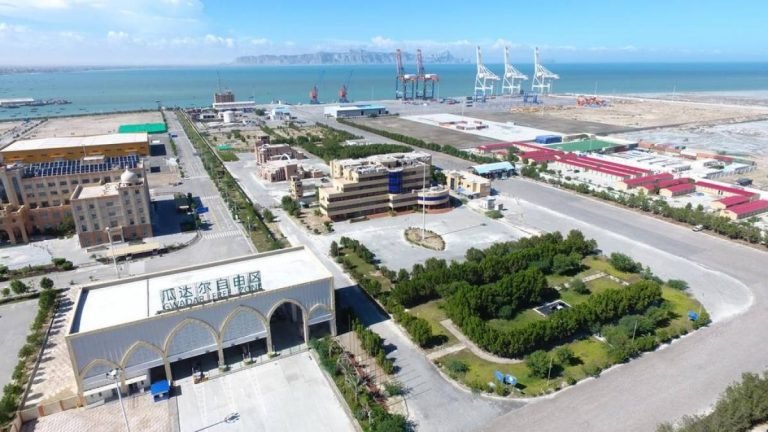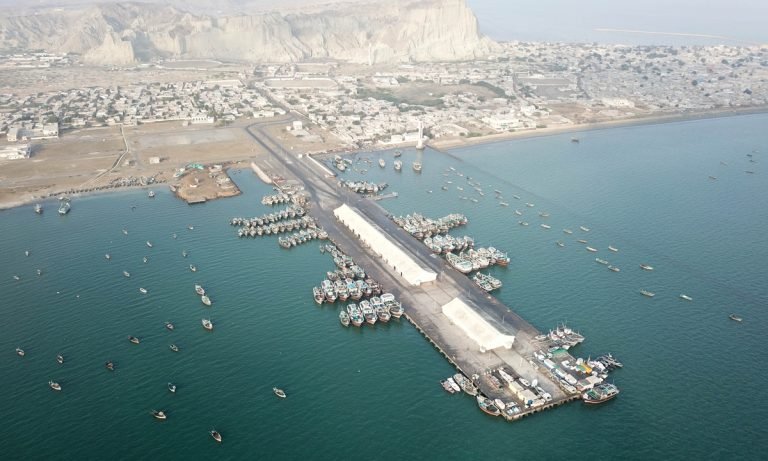- 1.Strategic Location
Situated on the Arabian Sea, near the Strait of Hormuz, where nearly 20% of the world’s oil trade passes.
Provides Pakistan direct access to global sea trade routes and reduces dependency on Karachi and Port Qasim.
Serves as a potential gateway for Central Asian and Middle Eastern trade.
Situated on the Arabian Sea, near the Strait of Hormuz, where nearly 20% of the world’s oil trade passes.
Provides Pakistan direct access to global sea trade routes and reduces dependency on Karachi and Port Qasim.
Serves as a potential gateway for Central Asian and Middle Eastern trade.
2.Economic & Trade Hub
Gwadar Port is a deep-sea port developed under the China-Pakistan Economic Corridor (CPEC), aiming to become a global shipping and trade center.
Acts as a key transit hub for China, Afghanistan, and Central Asian states.
Can significantly reduce China’s oil transportation distance from the Middle East via the Gwadar-Kashgar trade route.
3.CPEC & Investment Opportunities
Part of China’s Belt and Road Initiative (BRI), attracting billions in investment.
Development of Gwadar Free Zone, which will host industries, refineries, and trade centers.
Boosts employment, infrastructure, and real estate sectors.
4.Regional Geopolitical Importance
Gwadar strengthens Pakistan’s naval presence in the Indian Ocean.
Counters India’s influence in Chabahar Port, Iran.
Increases Pakistan-China strategic ties while allowing China to secure its energy supply routes.
5.Tourism & Fisheries Potential
Beautiful beaches and historical sites make it a future tourist destination.
Expansion of the fishing industry benefits local livelihoods.








